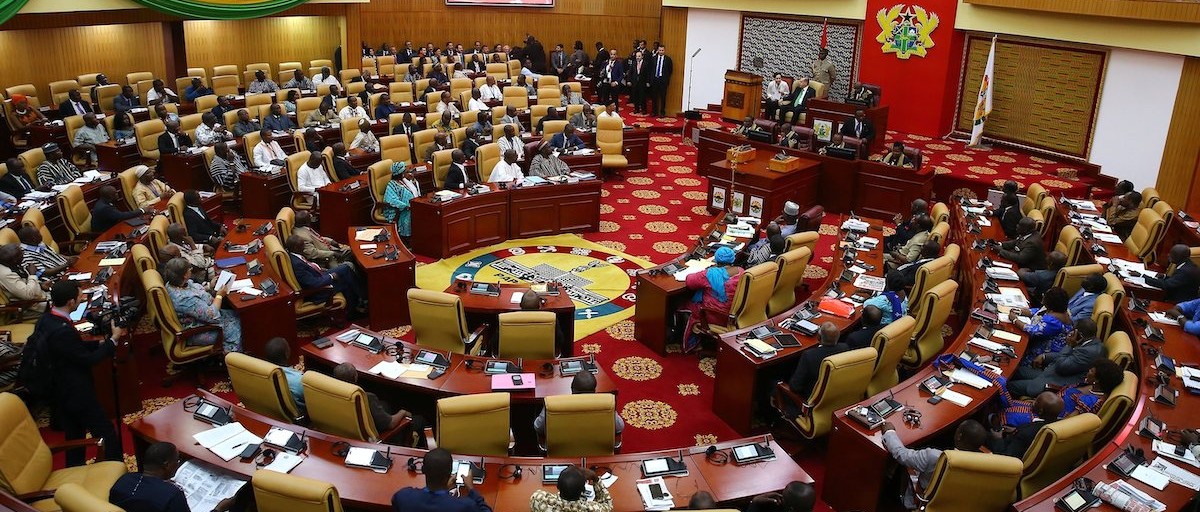- Login to ASPnet | Ghana Commission for UNESCO | Government Agency Responsible for the coordination of Ghana's contributions to and presence at UNESCO
Parliament passes the Ghana Commission for UNESCO Bill

Source: Ghana News Agency (GNA)
Parliament has passed the Ghana Commission for UNESCO Bill, 2022, which seeks to help the country achieve the aims and objectives of the United Nations Educational, Scientific and Cultural Organisation (UNESCO).
The object of the Bill is to establish the Ghana Commission for UNESCO to carry out the aims and objectives of UNESCO.
The aim of UNESCO is to contribute to the building of peace, the eradication of poverty, sustainable development and intercultural dialogue.
To achieve its aims and objectives among member states, UNESCO uses national co-operating bodies known as National Commissions.
Article VII of the Constitution of UNESCO mandated each member state to arrange for associating principal bodies interested in educational, scientific and cultural matters with the work of the Organisation, preferably by forming a National Commission broadly representative of the Government and the principal bodies.
Madam Gifty Twum Ampofo, the Deputy Minister for Education in charge of Technical, Vocational Education and Training (TVET), moved the motion for the House to pass the Ghana Commission for UNESCO Bill.
Mr Kwabena Amankwa Asiamah, Chairman of the Parliamentary Committee on Education, in his report to the House, said the committee noted that with the bill passed, the Ghana Commission for UNESCO would become a fully-fledged Government agency and be fully funded by the Consolidated Fund and other sources of funds identified under Section 38 of the bill.
He said as an agency of Government, financing of the Commission’s activities and programmes was expected to be used for the payment of annual UNESCO-assessed contributions, which were mandatory contributions from the member states by virtue of the country’s membership.
He said the scale of assessment was based on the United Nations (UN) contributions, with suitable adjustments considering the differences in membership between the two organisations.
Mr Asiamah said the committee was informed that apart from the annual subscription, funds must be provided for the cost of running the Secretariat of Ghana’s Permanent Delegation to UNESCO in Paris, France, which entails renting office space at UNESCO, payment of compensation and other related goods and services and capital expenditure.
He said the committee also noted adequate funding must be provided for building capacity and orientation of government agencies on UNESCO matters and initiatives, implementing projects in line with UNESCO’s biennial programme roll-out and for costs for Ghanaian Delegation attending UNESCO statutory intergovernmental meetings.
The Chairman said the committee believed that for Ghana to fulfil its international obligation under the UNESCO Convention, funding to the commission must be prioritised and ring-fenced.
The Ghana National Commission for UNESCO (Ghana NATCOM) started as a Committee for UNESCO Affairs in 1953 when Ghana became an Associate Member of UNESCO.
Ghana attained full membership of UNESCO on 11th April 1958.
Cabinet then approved the reconstitution of the Committee under the new name “Ghana National Commission for UNESCO”.
